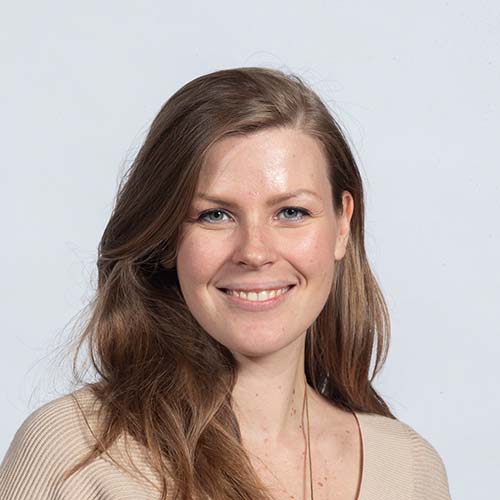What we do
About our project
HappyMums brings together a large collection of cohorts with multiple biological, medical, clinical, socio-demographic and environmental and lifestyle data to identify key risk factors for depressive symptoms in pregnancy, as well as possible moderators of risk.
By bringing together unique human samples of maternal blood, placenta, chorionic villi and amniotic fluid, and animal models, HappyMums aims to improve our understanding of the neurobiological mechanisms underlying depressive symptoms in pregnancy. It is hypothezised that these mechanisms then lead to alterations in the foetal environment, that shape the offspring risk of less than optimal developmental outcomes.
HappyMums is also developing a digital platform where data based on, together with biological, clinical, medical, environmental and lifestyle data, can be collected through a mobile phone app that will be at the interface with clinicians via a dedicated dashboard. This will enable early screening for depressive symptoms, prompt diagnosis, personalized treatment and promotion of protective lifestyle behaviors.
Overall, HappyMums will not only increase the knowledge about mental health disorders in pregnancy, but also improve the wellbeing of women experiencing antenatal depression, with unprecedented benefits for their offspring and thus society at large.
Our research focus
HappyMums is the first EU project specifically designed to improve our understanding on the biological mechanisms underlying the development of depressive symptoms in pregnancy, and the efficacy of interventions.
One of the research aims of HappyMums is to identify the mechanisms that affect the foetal environmental biology, shaping offspring risk for developing negative mental outcomes later in life. Further, a main research focus includes identifying prenatal and postnatal factors that may exacerbate, or buffer, the risk shaped in utero.
The HappyMums consortium is also developing a digital platform where different biomarkers (AI tools-based data integrated with biological, clinical, medical, environmental and lifestyle data) will be collected through a mobile phone App that will be at the interface with clinicians. This will allow early screening of depressive symptoms, prompt diagnoses, personalized treatments, and the promotion of protective lifestyle attitudes.
Funds & Grants
Collaborations
Internal collaborations
- Generation R.
- Child and Adolescent Psychiatry and Psychology.
External collaborations
- University of Milan.
- San Raffaele Hospital.
- University of Barcelona.
- Aarhus University.
- AB.ACUS Srl.
- University of Helsinki.
- Charité - Universitätsmedizin Berlin.
- Catholic University of Croatia.
- University of Amsterdam, Wageningen University.
- King's College London.
- University of Zurich.
- Columbia University.
- University SWPS.
- University of Social Sciences and Humanities.
- Italian Branch of the International Marcé Society for Perinatal Mental Health.




